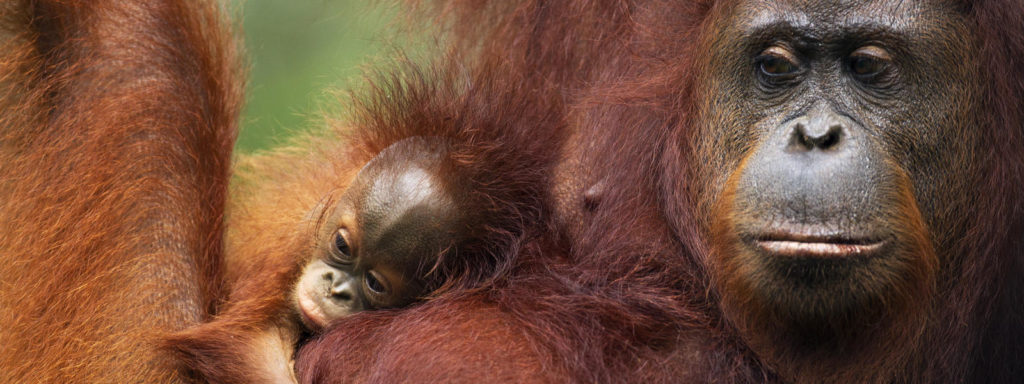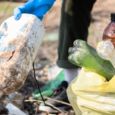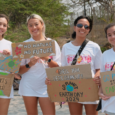According to the United Nations, 1 Million Species are at risk of extinction because of human activities.
Last month, orangutans were announced to become extinct in the years to come. The study from the U.N. report shows that 1 million animal and plant species will be extinct in the next few decades.

© .com/Anup Shah/WWF
Since humans, animals, and plants all live on Earth, it is important to know that the world’s biodiversity depends on all of us. The things that ruin the environment are not just because of the shifts in seasons, but also because of different pollutants like garbage and factory smoke. Scientists and researchers warn that these changes will also put people at risk.
“Protecting biodiversity amounts to protecting humanity,” UNESCO Director-General Audrey Azoulay said.
Here are some of the findings of the study:
- 75% of land environment and some 66% of marine environment “have been significantly altered by human actions.”
- “More than a third of the world’s land surface and nearly 75% of freshwater resources” are used for crops or livestock.
- Between 100 million and 300 million people now face an “increased risk of floods and hurricanes because of loss of coastal habitats and protection.”
- Since 1992, the world’s urban areas have more than doubled.
- “Plastic pollution has increased tenfold since 1980,” and from “300-400 million tons of heavy metals, solvents, toxic sludge” and other industrial waste are dumped into the world’s water systems.
It was also mentioned that up to $577 billion in annual global crops are at risk of pollinator loss. This is not limited to bees that pollinate plants, but also to other species that help in producing these crops.
Because population is increasing, a need for food, energy and housing is also increasing. This affects the environment overall. However, since these are all basic needs, many people have been undermining their effects on the world cycle, dismissing thoughts on food security, home safety, and the amount of resources needed to produce energy in the future.




